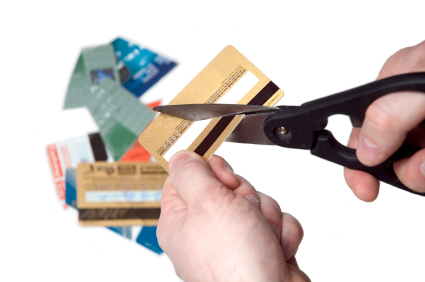Friday madness: $23 quadrillion software glitch


This tale of IT failure is so extreme as to be a joke, making it the perfect story for a mid-summer Friday.
A guy spends $1.94 on his prepaid VISA card and then receives a bill for $23,148,855,308,184,500. Making things worse, VISA also charged the poor fellow an additional $15 fee.
I kid you not, this is a true story. CNN describes what happened:
Josh Muszynski, 22, of Manchester, New Hampshire, was one Visa customer aghast to find the 17-digit charge on his bill. Adding insult to injury, he had also been hit with a $15 overdraft fee.
He next called Bank of America, the issuer of his Visa prepaid debit card. The bank kept him on hold for two hours, during which time he contemplated the impossibly bleak financial future that might await him. He also felt a stab of fear that he had saddled all his unborn grandchildren -- and their grandchildren -- with a lifetime of debt. "Down the generational line, nobody would have any money."
Here's a picture of the bill:
I find it ironic that VISA's prepaid group goes under the name Innovative Card Services, LLC. Anyway, the company acknowledged this innovation error and apologized:
In a statement, Visa said the rogue charges affected "fewer than 13,000 prepaid transactions" and resulted from a "temporary programming error at Visa Debit Processing Services ... [which] caused some transactions to be inaccurately posted to a small number of Visa prepaid accounts."
The company assured customers that the problem has been fixed and that all falsely issued fees have been voided. "Erroneous postings have been removed ... this incident had no financial impact on Visa prepaid cardholders."
Possible causes. In a sign that geeks need to dig into everything, Slashdot readers analyzed possible technical causes for this software glitch. The Register summarized some of these theories:
In a comment titled "Visa deserves glitchslapping?," an anonymous coward pointed out that the incorrect charges, which applied to purchases for cigarettes, gasoline, and sundry other items and services, came to exactly 2,314,885,530,818,450,000 cents, which when converted to binhex comes to 2020202020201250.
"It looks to me like somebody blank-filled a field, plopped the actual charged amount into the end (hex 1250, decimal 4688, likely amount $46.88), and then interpreted the entire field as a hex number," AC wrote. "If so, this is the kind of bug that would have been caught in even the most cursory testing, in which case the 'technical glitch' Visa talks about was not really in the software--bugs happen--but in their own shoddy procedures that allowed untested software to go live."
This still doesn't explain how 13,000 people could all be charged precisely the same amount for purchases whose real-world value were vastly different. Reg reader Stuart McConnachie, who also forwarded the binhex theory, guesses the identical overcharge is the result of a rounding error. When converting to a real number, only the first 15 digits were included, he said. The remainder were converted to zero.
Moral of the story. Check your bill carefully, I suppose. What do you think?
[Credit card bill from CNN. Image of cutting up credit cards from iStockphoto.]